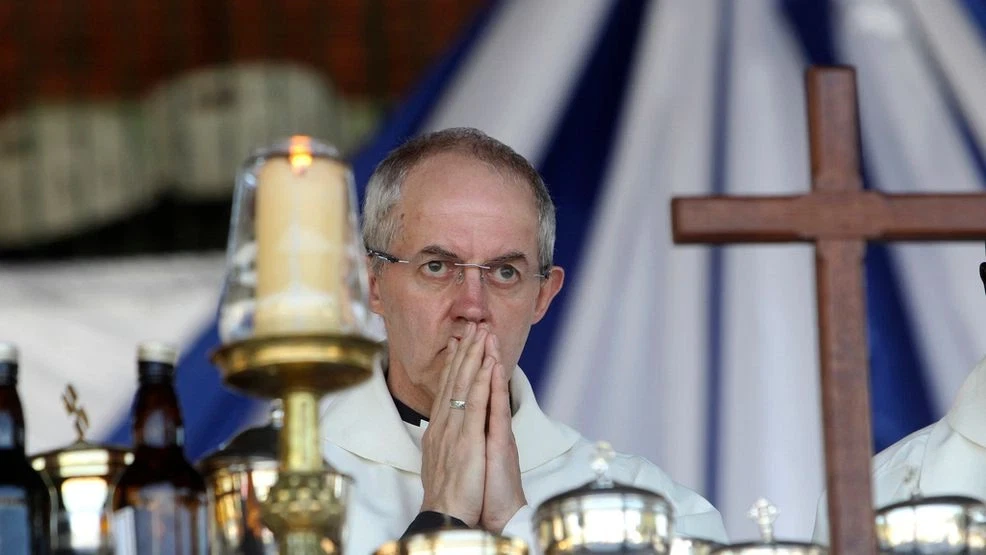The recent resignation of the Archbishop of Canterbury, a leading figure within the Anglican Communion, seems to put the Church of England at a crossroads. Stepping down amidst intense scrutiny over the way the church dealt with allegations of abuse has rejuvenated debates on accountability, transparency, and systemic reform. But, the drama ahead poses deep-rooted challenges that are now on the church table for work. What follows is the background of the resignation.
Background on the Resignation
The resignation of the Archbishop has come about after months of mounting pressure on the church to admit its historical failures in handling abuse cases. While he is not accused of any wrongdoing, his role as the head of the church had symbolized, for many, a leadership marked by slowness to act on reports of abuse and calls for reform. This move by the Archbishop marked the end of one chapter and opened up a new chapter for a fresh start and an end to leaders who would rebuild trust between the leaders and congregants of this church and the public.
Calls for Reform and Accountability
This resignation has brought to the fore long-standing issues in the Church of England—particularly questions of transparency and safeguarding. Advocates for victims and campaigns within the church have called for a thorough reevaluation of church policies on how the institution handles claims of abuse and cares for survivors. Many call for the church to put more rigorous checks in place, offer victim support services, and open its internal process to public scrutiny.
Read Also:Human Rights Watch Accuses Israel of Forced Displacement in Gaza, Labels It War Crime
Is the Church Ready to Change?
Only time will tell whether the church has the will and is capable of meaningful reform. Many clergy and lay members are optimistic that new leadership will help create a safer, more accountable institution. Others argue that the church needs fundamental structural change, which requires more than a change in leadership. Traditionalist pressures within the church and concerns over losing authority have complicated the reform process.
The Way Forward
In the wake of this Archbishop’s resignation, the Church of England awaits a moment of decision. And, for the foreseeable future, at any rate, his successor will be a man who believes in accountability in high places, openness about the goings-on within the institution, and an instinct to safeguard those most vulnerable. Only under such leadership and with structural changes matched to such leadership will the church hope to make an ethical move that is sustainable enough.
Conclusion
Therefore, the call for reform from the church is louder than ever because it did not know how to work with the resignation of the Archbishop. Whether such attempts will be able to transform the Church of England back to being acceptable to its members and society remains unknown. This Day may give a chance for the church to rebuild itself, re-establish accountability, and prove that the actual body upholds the values that the body embodies.















